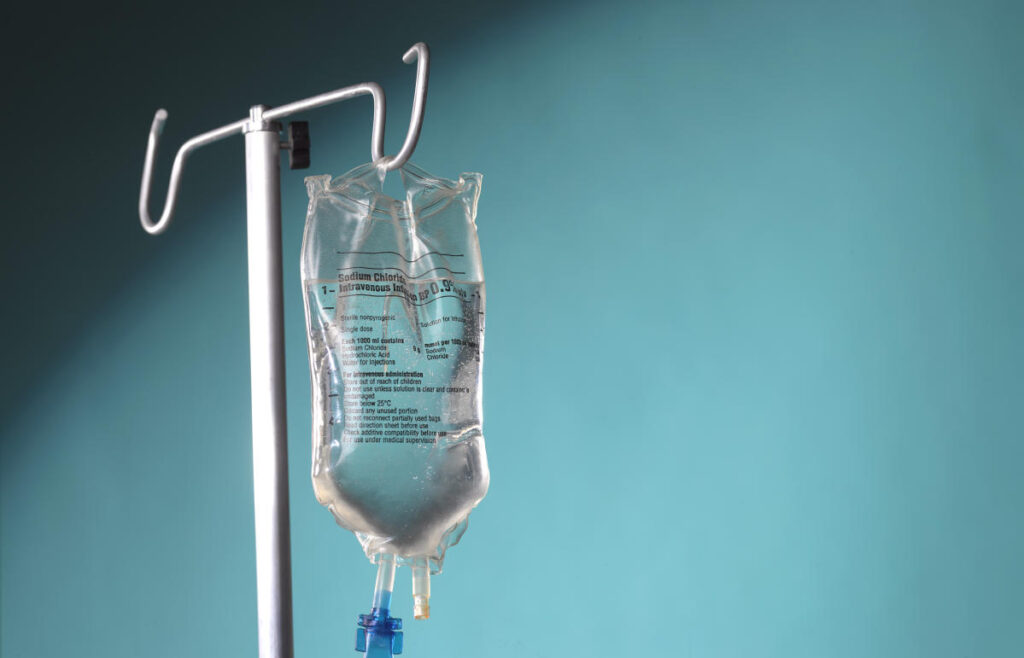Hangovers are a common and unpleasant experience for many people. The symptoms can include headache, nausea, fatigue, and dehydration. While there are many remedies and treatments available, one method that has gained popularity in recent years is the use of intravenous (IV) drips. In this article, we will explore how IV drip can help overcome a hangover and provide a guide on how to use them effectively.
Understanding Hangovers
Before we delve into the use of IV drips, it is important to understand what exactly happens to our bodies during a hangover. When we consume alcohol, it is metabolized by the liver into acetaldehyde, a toxic substance that can cause inflammation and damage to our cells. For example, hangover IV therapy can help alleviate the symptoms of a hangover by providing essential fluids and nutrients directly into the bloodstream, effectively combating the dehydration and nutrient depletion that contribute to the discomfort experienced after excessive alcohol consumption
The Benefits of IV Drips
IV (Intravenous) drips offer several benefits due to their direct delivery of fluids, electrolytes, vitamins, and medications into the bloodstream. So grab all the benefits by clicking this site to explore the safe and professionally administered IV drip options available to meet your specific needs and health goals.
Some of the key advantages include:
1. Rapid rehydration: IV drips are particularly useful for individuals who are severely dehydrated or unable to take fluids orally. By bypassing the digestive system, the fluids are quickly absorbed into the bloodstream, restoring hydration levels much faster than drinking water.
2. Efficient nutrient absorption: When essential vitamins and minerals are administered via IV drips, they are immediately available for the body to use. This is especially beneficial for people with malabsorption issues or those who have difficulty obtaining adequate nutrients through their diet.
3. Customizable treatments: IV drips can be tailored to meet individual needs. Depending on the patient’s condition or requirements, specific combinations of fluids, electrolytes, vitamins, and medications can be administered to optimize health outcomes.
4. Enhanced medication delivery: Certain medications can be given via IV to ensure more precise dosing and a rapid onset of action. This is often the case with critical situations where immediate effects are necessary, such as in emergency medicine or during surgery.
5. Increased energy and improved wellness. Some people turn to IV drips for wellness and energy-boosting purposes, as they believe it can provide a quick infusion of nutrients that can lead to increased vitality and overall well-being.
6. Support for athletes and sports recovery. IV drips are sometimes used by athletes to aid in their recovery process after intense physical activity or competition. It is believed to help with rehydration and replenishment of essential nutrients, potentially reducing downtime and aiding in muscle recovery.
7. Alleviating certain medical conditions. In specific medical conditions where oral intake is compromised or not feasible, IV drips can be a valuable option. For instance, patients undergoing cancer treatments or suffering from gastrointestinal disorders may benefit from IV therapy to maintain nutrition and hydration.
Using IV Drips for Hangover Relief
Using IV drips for hangover relief can be tempting, as it promises quick rehydration and replenishment of essential nutrients. However, it’s crucial to exercise caution and follow proper steps to ensure safety and effectiveness. If you’re considering using IV drips to overcome a hangover, here are some steps to follow:
1. Consult a healthcare professional: Before opting for IV therapy for hangover relief, consult with a healthcare provider. They can assess your individual situation, medical history, and any potential contraindications to IV therapy. A healthcare professional can also determine if IV drips are genuinely necessary for your specific hangover symptoms.
2. Understand the risks and benefits: IV therapy, even for hangover relief, comes with potential risks. These include infection at the injection site, allergic reactions, and incorrect electrolyte balance. Make sure you are aware of the potential benefits and drawbacks and have realistic expectations about what IV drips can do for hangover recovery.
3. Choose a reputable provider: If your healthcare professional recommends IV therapy for hangover relief, seek a reputable and licensed medical provider to administer the treatment. Avoid unregulated or non-medical settings, as they may not follow proper protocols, leading to potential health risks.
4. Stay hydrated: Before seeking IV therapy, try rehydrating orally by drinking water or oral rehydration solutions. Many hangover symptoms are primarily caused by dehydration, so drinking plenty of water can help alleviate some discomfort.
5. Rest and nutrition: Along with hydration, getting enough rest and consuming nutritious foods can aid in hangover recovery. While IV drips can help with rapid nutrient replenishment, they should not replace a balanced diet.
6. Avoid excessive alcohol consumption: The most effective way to prevent hangovers is to drink alcohol in moderation. While IV drips might provide temporary relief, they don’t address the root cause of a hangover – excessive alcohol consumption.
7. Report any adverse reactions: If you do choose to receive IV therapy for hangover relief and experience any adverse reactions or side effects, notify your healthcare provider immediately.
Conclusion
Hangovers can be a challenging and uncomfortable experience, but there are ways to alleviate the symptoms and promote recovery. IV drips offer a promising option for rapid rehydration, electrolyte balance, and nutritional support. However, it is crucial to approach IV drip therapy with caution and seek professional guidance. By following the steps outlined in this guide, you can effectively overcome a hangover and get back to feeling your best.

